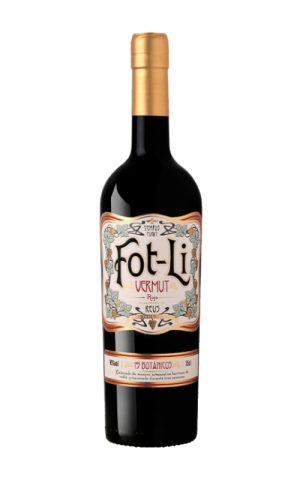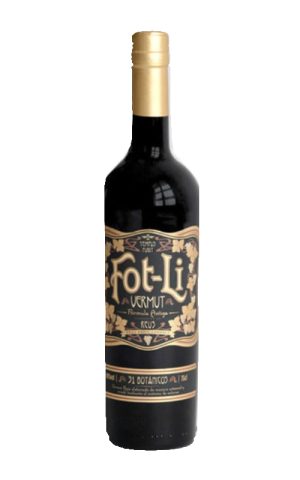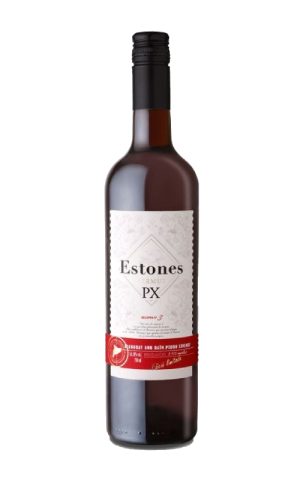Showing all 3 results
Vermouth is a drink that has been part of European culture for centuries. Its origins date back to ancient Greece and Rome, where wines flavored with herbs and spices were already made. However, vermouth as we know it today was born in Italy at the end of the eighteenth century. In 1786, in the city of Turin, Antonio Benedetto Carpano created the first modern vermouth by mixing white wine with a selection of herbs and spices, including absinthe, which gave the drink its name (from the German word “Wermut”, meaning absinthe). From there, vermouth quickly spread throughout Europe, becoming a popular drink both as an aperitif and in cocktails.
Vermouth is mainly produced in two countries: Italy and Spain, although it is also made in France and elsewhere. The most emblematic regions are:
- Turin (Italy): Considered the home of vermouth, with a continental climate that favors the cultivation of grapes and aromatic herbs.
- Reus and Barcelona (Spain): Where vermouth became popular in the nineteenth century and has become a cultural tradition. The Mediterranean climate of these regions, with hot summers and mild winters, is ideal for growing grapes and the plants used in their production.
- Red vermouth (sweet): Traditionally of Italian origin, with a sweeter taste and a dark red color due to the caramelization of sugar. It is the most classic and is associated above all with Italy.
- White Vermouth: Drier and lighter in color, it is popular in both Italy and France. It is usually less sweet than red, with a fresher aromatic profile.
- Dry vermouth: Originally from France, it is much drier than its Italian and Spanish counterparts, and is often used in cocktails such as the Martini.
- Rosé Vermouth: A more recent variant that combines characteristics of white and red vermouth, with a balance between sweetness and acidity.
Vermouth is made from a wine base to which various herbs, spices and botanicals are added, which may include:
- Absinthe: The plant that gives vermouth its name provides a characteristic bitterness.
- Citrus peel: Like orange and lemon, which add freshness.
- Spices: Such as cinnamon, cloves and cardamom, which enrich the aromatic profile.
- Aromatic herbs: Such as sage, rosemary and basil, which provide complexity.
Each producer has their own secret recipe, which gives rise to a wide variety of flavors and styles.
Vermouth is characterized by its complex flavor and the balance between sweetness, bitterness and acidity. Depending on the type, it can be sweet and spicy, or dried and herbal. It is a versatile drink that can be enjoyed on its own, with ice and a slice of orange or lemon, or in classic cocktails such as the Negroni, the Manhattan or the Martini.
Today, vermouth is experiencing a renaissance, especially in Spain and Italy, where it has become a symbol of the modern aperitif. New producers are experimenting with local ingredients and artisanal methods, while traditional brands are regaining their prestige. This resurgence has made the drink increasingly appreciated around the world, and it has become a popular choice in bars and restaurants, both in its classic form and in innovative cocktails. Vermouth, with its rich history and diversity of flavors, remains a beloved drink that unites tradition and modernity.



